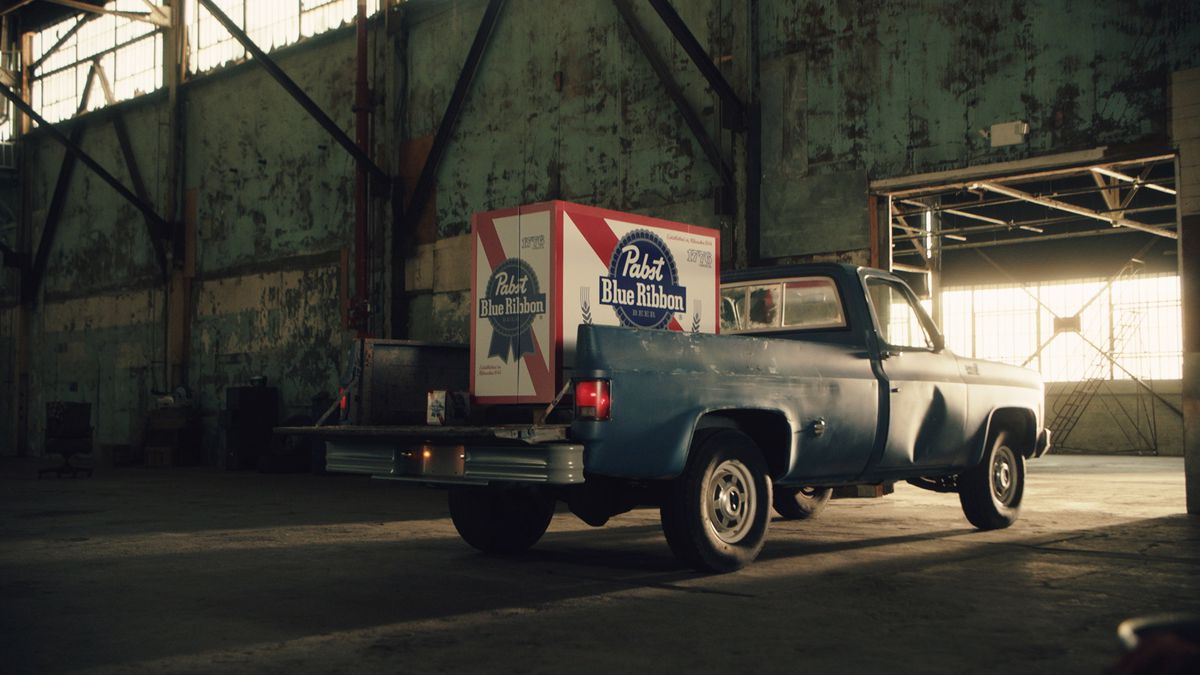I’m reading Mark Bittmans’s Animal, Vegetable, Junk: A history of food from sustainable to suicidal. Most of us foodies know Bittman from his NYT columns and his many cookbooks (How to Cook Everything, for example), but here he addresses–historically, culturally, politically, and environmentally–what it means for ourselves and our planet to grow, cook, and eat food.
Food, in other words, is everything, and our food choices/policies affect everything.
He is not, of course, the first or only person to say this. Just check out his bibliography for numerous others, and I’ve been saying it myself for at least fifty years. But Bittman says it particularly well. I’ll spare you a book review, except to say that it’s brilliantly done, entertaining, tremendously informative, and you should read it immediately. Or at least as soon as I return this copy to the library.
One of the books on his recommended list is Kristin Lawless’s Formerly Known as Food. I haven’t read it but I love the title. The “food” in both books includes wine, of course, every bit as much a product of the soil as the tomatoes now (I’ve been waiting all year) appearing at the Farmers Market.
Just as Formerly Known as Food is a good way to think about the devolution from sustainable to suicidal, Formerly Known as Wine would be a good way to think about the change from ancient winemaking practices to the mass produced, highly manipulated stuff most people drink today.
But you know if you’re a “Wineaux” regular that there are alternatives, one might even say antidotes, to “the suicidal.” Like “natural wine,” a subject of some controversy in the wine world, I admit. You’ve probably heard and read comments, for example, that “natural wines” just aren’t that good, which seems to me like saying fresh organic local tomatoes aren’t that good. And some aren’t. Others, though, are wildly expressive, interesting, alive, and flavorful in a way that you’ll never find in Big Wine—or a commercial tomato. But often our bodies and taste buds have just gotten so used to “the suicidal” that we sometimes need to clear our palates and start over.
So I offer you a start-over-again wine. A bit of a random pick but so much fun that I just can’t help telling you about it. I found it at Vintage Berkeley (now open again after its year-and-a-half of delivery-only) and picked it up because I’ve had and much enjoyed wine from GULP before, both its red and its white. But this one is a new release, a 2020 orange. Like all wines in that category, it’s made from white wine grapes (as opposed to rosé, made with red). After crushing, these grapes spend time on the skins, sometimes only a few hours. The grapes in this GULP orange, though, spent a whole week, developing thereby a lovely apricot hue and a touch of tannins. The GULP orange is equal parts verdejo and sauvignon, pretty typical of whites made in the La Mancha region of central Spain. And how can you resist a wine from La Mancha? Dust off your old copy of Don Quixote and pour yourself a glass.
GULP Hablo wine is the project of three brothers, Francisco, Javier, and Luis Parra, who wanted to celebrate their love of the region and its soil by raising organic and biodynamic grapes. And their wines, including this orange, are very much natural wines. The Parras let the grapes do their thing with minimal help (native yeast fermentation, no filtering, just a smidge of sulfites) and become their own best ambassador for this “terroir.” Beautifully hazy, GULP orange comes in a liter bottle ($16), so you can indulge, especially at its modest 11% alcohol, in that extra glass that you’ll definitely crave.
I drank it in Berkeley (ah, 30 degrees cooler than Davis), too, at a festive dinner of Hunan-style dishes, which the Gulp did really well with. The event was in honor of two grandkids who not only made it through a tough year but “graduated,” respectively, to middle school and high school. And it was their dad’s birthday as well. We sat out in the garden, talked about a million things, and generally rejoiced at being together unmasked and closer than 6 feet.
Under the circumstances, you might well ask, wouldn’t ANY wine taste good? Maybe so, but this one popped. It smells of orange blossom and tropical fruit, tastes of flowers and apricots and orange zest with lots of herb and mineral notes. Juicy, zippy, fresh. And if that description sounds too tame, I’ll add that there’s a bit of funk here, too, just enough to make it fun.
Reading books like Bittman’s and drinking wine like GULP remind me how important it is to support the efforts of farmers who instead of steadily depleting the soil that sustains us are actually regenerating it and sequestering carbon in the process. Like the Parra brothers. And like the many farmers and growers nearer home who understand our current climate crisis and work hard to mitigate it. I’m not seriously suggesting that buying a bottle of wine will save the world; far more effective than our personal choices are much larger policy changes, some of which we can and should help effect. Nevertheless, being willing to pay “extra” for food/wine that facilitates healthy soil and our own healthy bodies is a necessary piece in this scary puzzle of sustaining life on earth.
June 26, 2021 at 12:07AM
https://ift.tt/3he5JQC
Wineaux: Drinking wine to save the world and other modest aspirations - Davis Enterprise
https://ift.tt/31lUVcw
Wine

No comments:
Post a Comment